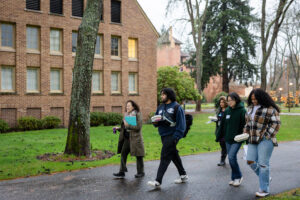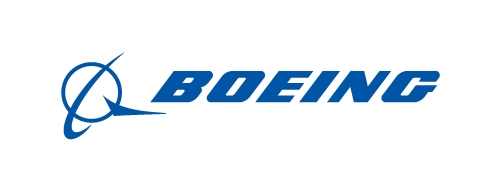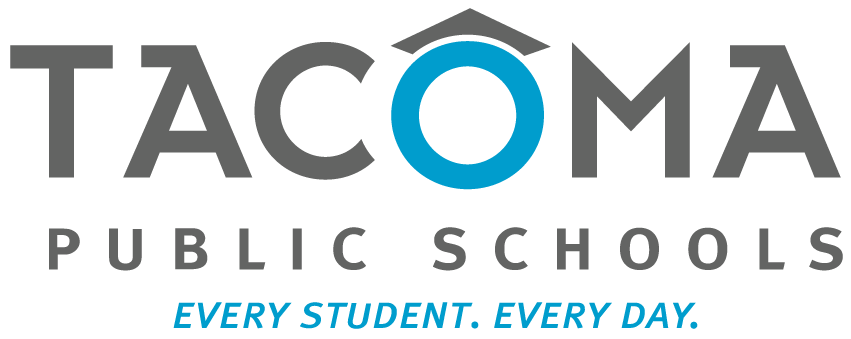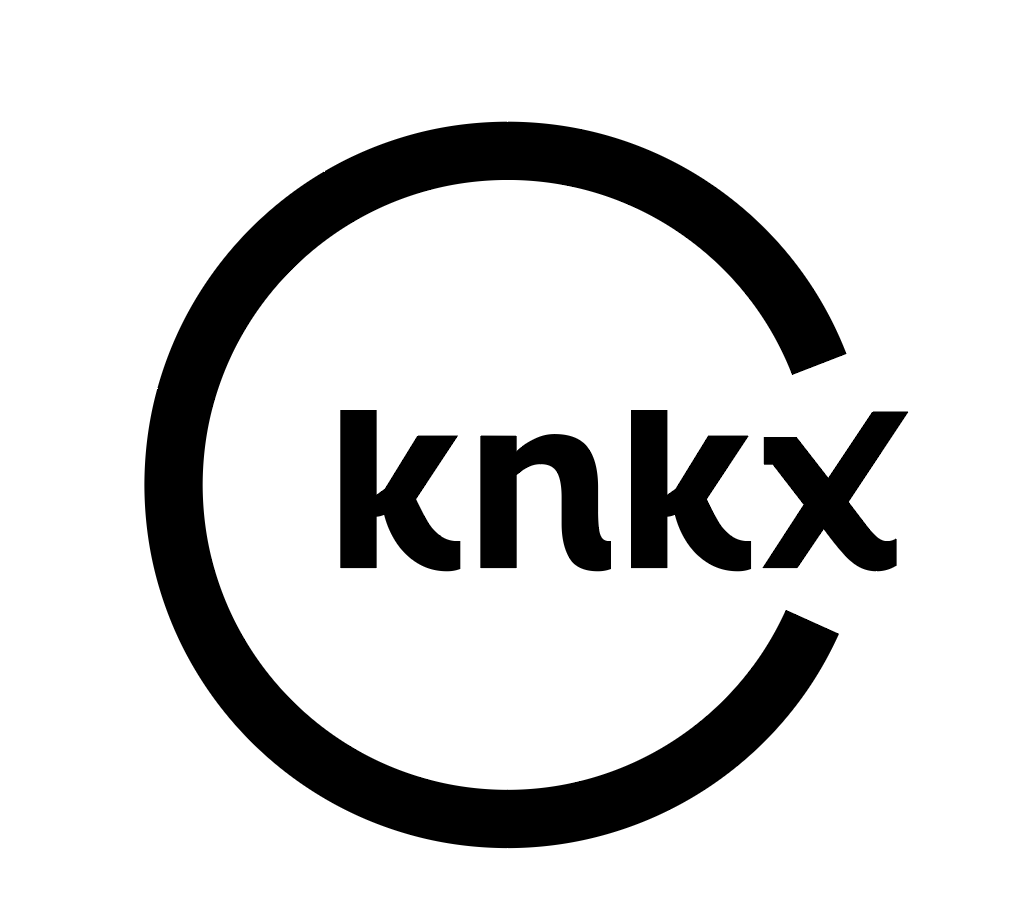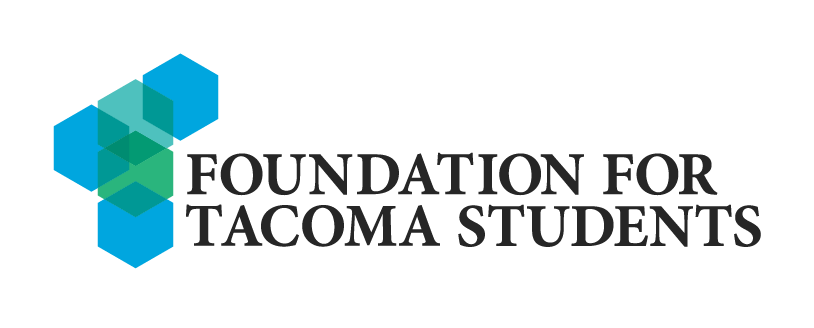This piece was featured in the 2019 Community Impact Report.

“Our Homeless Child Care Program provides families with short-term childcare subsidy, placement into high quality, licensed child care programs, and customized service coordination with other resources. Childcare provides children in crisis a safe and stimulating environment with routines, structure, and opportunities to thrive, while enabling their parents to maintain momentum in addressing housing, employment, and health challenges. Without our support, these children would often not have access to early learning opportunities. Research on childhood homelessness and associated traumas reveals a profound and accumulative negative effect on the development of children—inhibiting their emotional, cognitive, and behavioral development, and leading many to repeat the cycle of homelessness as adults.
In July 2017, DSHS’ Working Connections Child Care began offering homeless families a four-month grace period of full-time childcare to allow extra time to meet the normal eligibility requirements of the state child care subsidy.
We’ve also identified two significant challenges faced by families who do qualify for public childcare subsidy: About 25 percent cannot find childcare slots in our high-demand market, mainly due to offensively low subsidy reimbursement rates. Another hurdle is high monthly childcare co-payments that employed families are charged—sometimes as high as $700/month. These co-payments are often burdensome enough to threaten any housing stability that families are able to achieve. As a result, Childcare Resources has started using our safety-net subsidy pool to assist some families with their co-payments.
Childcare is expensive, and many families end up needing several months of safety net child care subsidy funding. Thanks to some very generous local private contributors to this program, including the Milgard Family Foundations, Russell Family Foundation, Sequoia Foundation, Forest Foundation and the Bamford Family Foundation, there was some funding available for this work fairly soon after expanding this program into Pierce County in 2017. These initial investments highlight the impressive commitment of this community to helping our most vulnerable children and families.”





